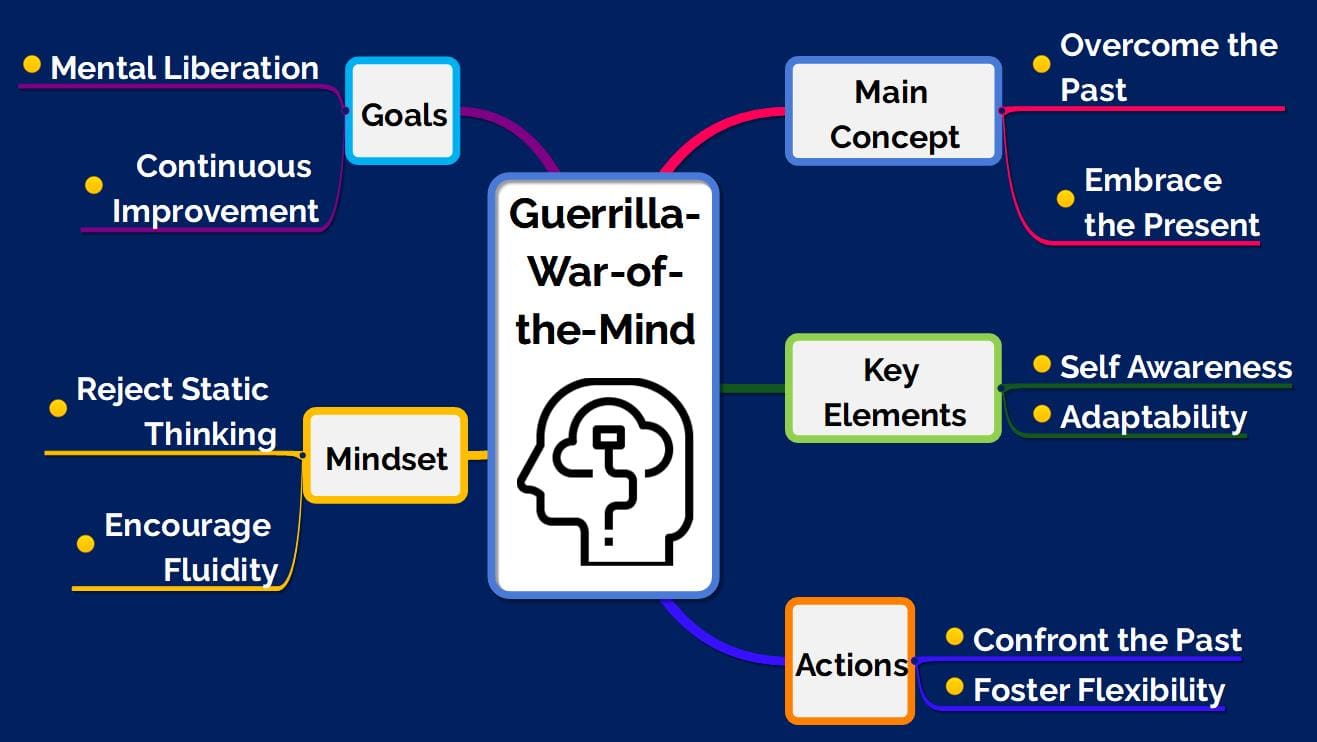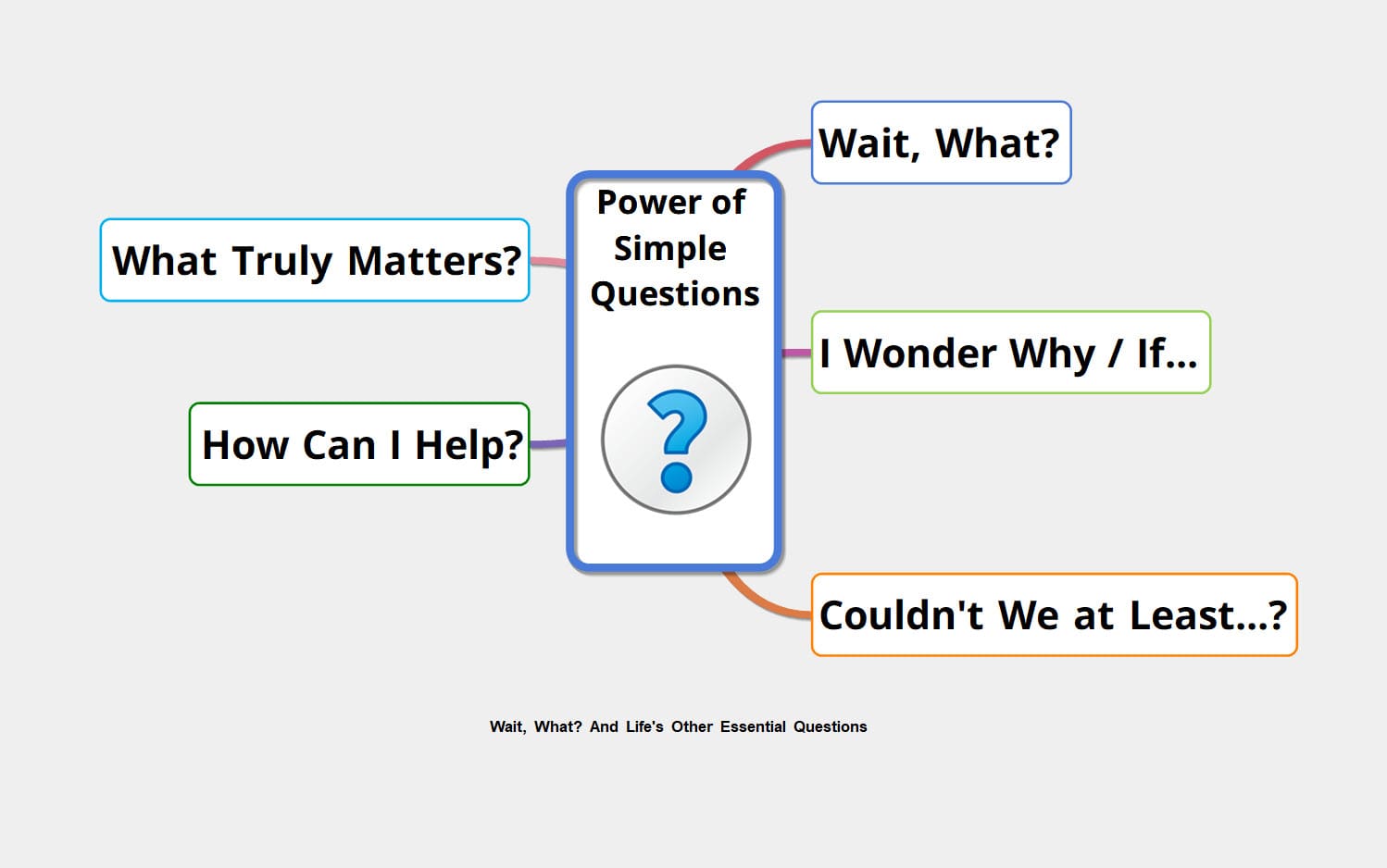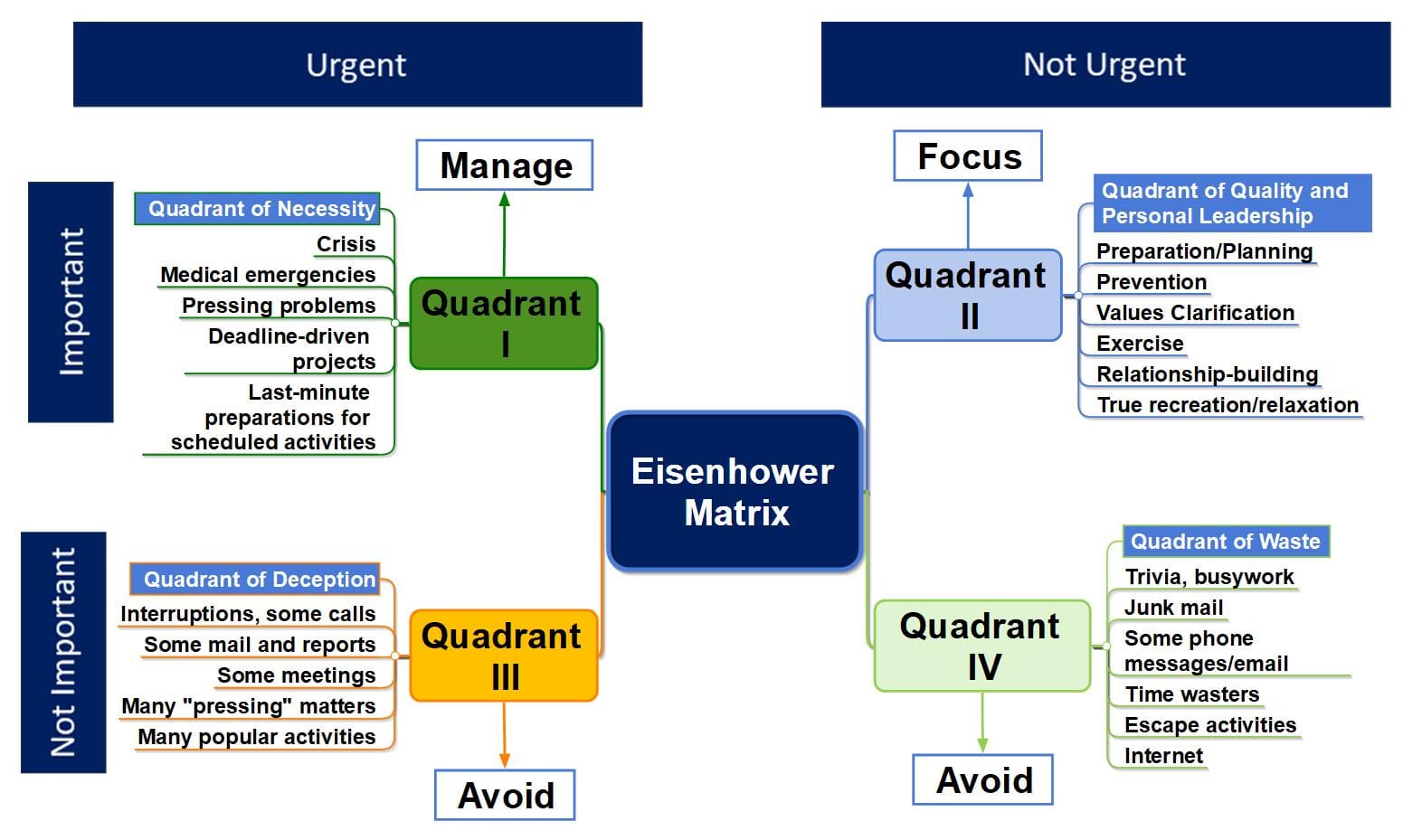Introduction
In a world often governed by the belief that our past shapes our future, “The Courage to Be Disliked” by Ichiro Kishimi introduces a refreshing perspective rooted in Adlerian psychology. This groundbreaking approach, distinct from the theories of Freud and Jung, offers insightful ways to redefine our understanding of happiness, trauma, and personal responsibility. This blog post explores the transformative potential of Adlerian psychology as presented in Kishimi’s narrative, providing valuable lessons for anyone on a journey of personal development.
The Subjectivity of Our World
Adlerian psychology highlights the subjective nature of our perception, emphasizing that each individual experiences and interprets the world in a unique way. This perspective challenges the notion of a single, objective reality, proposing instead that our personal experiences, beliefs, and attitudes significantly shape our view of the world. It suggests that what we perceive as reality is, in fact, a personal interpretation influenced by our psychological and emotional state.
This concept of subjectivity is pivotal in understanding human behavior and interactions. It acknowledges that individuals respond to situations based on their personal history, beliefs, and current mental state, rather than solely on the objective facts of the situation. For instance, two individuals might witness the same event but interpret it differently based on their past experiences, current mood, and individual beliefs. This means that each person’s reality, though valid, is not a universal truth but a personal construct.
Understanding this subjectivity offers significant implications for personal development and interpersonal relationships. It encourages us to recognize that others may see the world differently and that these differences are not necessarily wrong but simply different. This realization can foster empathy, tolerance, and better communication, as it prompts us to consider other viewpoints and understandings of reality.
Moreover, the concept of subjectivity empowers us to reframe our experiences. By acknowledging that our perspective is shaped by our beliefs and attitudes, we can choose to change these, thereby altering our experience of the world. This can be particularly liberating for individuals who feel trapped by negative thought patterns or limiting beliefs. It opens up the possibility of a different life, one that is shaped not by external events but by our internal narrative and choices.
In essence, the subjectivity of our world as proposed by Adlerian psychology is a powerful tool for personal transformation. It challenges us to examine our beliefs and attitudes, to understand how they shape our perception of reality, and to take active steps to change them if they are hindering our growth and happiness.
Debunking the Myth of Trauma
Adlerian psychology offers a revolutionary perspective on trauma, suggesting that while traumatic events are undeniably significant, they do not determine our future. This viewpoint challenges the common belief that we are irrevocably shaped by our past traumas and instead proposes that it is the meaning we assign to these events that truly impacts us. According to Adler, we have the agency to reinterpret our past and to choose resilience and growth over victimhood.
This perspective on trauma does not diminish the severity or impact of traumatic events but rather emphasizes our capacity for resilience and transformation. For instance, two individuals might experience similar traumatic events, yet one may emerge with a renewed sense of purpose and strength, while the other might feel defeated and trapped by the experience. This difference lies not in the event itself but in the personal narrative and meaning each individual assigns to it.
Adler’s approach to trauma is empowering as it offers a path to healing and growth. It encourages us to look at our past traumas not as unchangeable facts that dictate our future but as experiences that we can interpret in ways that serve our growth and well-being. This approach advocates a proactive stance in healing, where individuals are seen as active agents in their recovery, rather than passive victims of their past.
Furthermore, Adlerian psychology suggests that our response to trauma can be a source of personal development. By facing and reinterpreting our traumatic experiences, we can develop greater empathy, resilience, and understanding. This process of transformation can lead to a deeper appreciation of life and a stronger sense of self.
In summary, debunking the myth of trauma as proposed by Adler involves recognizing our power to redefine our past experiences. It challenges us to move beyond a victim mentality and to embrace our capacity for resilience and growth. This perspective empowers us to take control of our narrative and to use our experiences, however painful, as catalysts for positive change and personal development.
Personal Responsibility and Happiness
Adlerian psychology posits a direct and profound connection between personal responsibility and happiness. This perspective asserts that our happiness and success are not predestined by our past but are the outcomes of the choices we make and the actions we take in the present. It highlights the role of personal agency in shaping our lives, encouraging us to take ownership of our decisions and their consequences.
The concept of personal responsibility is empowering as it shifts the focus from external factors and circumstances to internal choices and attitudes. It suggests that, while we cannot control every aspect of our lives, we do have control over how we respond to our circumstances. Taking responsibility involves acknowledging our role in our current situation and understanding that our future is shaped by the choices we make today.
This notion of personal responsibility is both liberating and challenging. It liberates us from the belief that we are helpless victims of our past or circumstances, and it challenges us to actively participate in shaping our lives. It encourages a mindset shift from blaming external factors for our unhappiness to looking inward and identifying how we can change our situation.
Moreover, personal responsibility is crucial for self-improvement and personal growth. It motivates us to take positive steps towards our goals and aspirations, rather than being passive recipients of life’s events. By accepting responsibility for our happiness and well-being, we empower ourselves to create the life we desire.
Adlerian psychology suggests that true happiness comes from a sense of control over one’s life and the decisions one makes. It emphasizes the importance of living intentionally and making choices that align with our values and goals. This approach fosters a sense of empowerment and self-efficacy, crucial elements for personal satisfaction and fulfillment.
In summary, the principle of personal responsibility in Adlerian psychology is a powerful motivator for personal growth and happiness. It encourages us to take control of our lives, to make conscious choices, and to take active steps towards our desired outcomes. By embracing personal responsibility, we can embark on a path of self-discovery, growth, and genuine happiness.
The Power of Self-Acceptance
Self-acceptance is a fundamental tenet of Adlerian psychology and a critical component of personal development and fulfillment. It involves embracing all aspects of oneself, including strengths, weaknesses, past mistakes, and achievements. Self-acceptance is not about complacency or ignoring areas that need improvement; rather, it is about acknowledging and embracing your true self without harsh judgment or self-criticism. This acceptance forms the basis for genuine self-improvement and growth, as it allows individuals to work on their shortcomings without self-loathing or denial.
The journey to self-acceptance is often challenging, as it requires confronting and accepting aspects of ourselves that we may have been denying or avoiding. It involves a deep and honest examination of our beliefs, attitudes, and behaviors. This process of introspection can be uncomfortable but is essential for true self-awareness and growth. Self-acceptance allows us to acknowledge our imperfections and limitations, not as flaws, but as parts of our unique identity.
Moreover, self-acceptance has a profound impact on our relationships with others. When we accept ourselves, we are less likely to project our insecurities and judgments onto others. This leads to healthier and more authentic relationships, marked by understanding and compassion, rather than criticism and conflict. Additionally, self-acceptance is closely tied to self-esteem and confidence. When we accept ourselves, we build a strong foundation of
Summarizing Key Insights
“The Courage to Be Disliked” presents a compelling argument for the power of Adlerian psychology in personal development. By embracing the principles of subjective reality, personal responsibility, and self-acceptance, we can embark on a path of transformation and growth. The lessons from this book are not just philosophical musings but practical tools for anyone seeking to live a more fulfilled and purpose-driven life.
Take the Next Step
Are you ready to delve deeper into the transformative power of Adlerian psychology in your life? Enroll in my coaching program to embark on a journey of growth and potential. This program is designed to help you enhance personal growth and harness the insights from ‘The Courage to Be Disliked.’ Register now to take the first step towards a happier, more fulfilling life, and discover the immense possibilities that lie within you.






